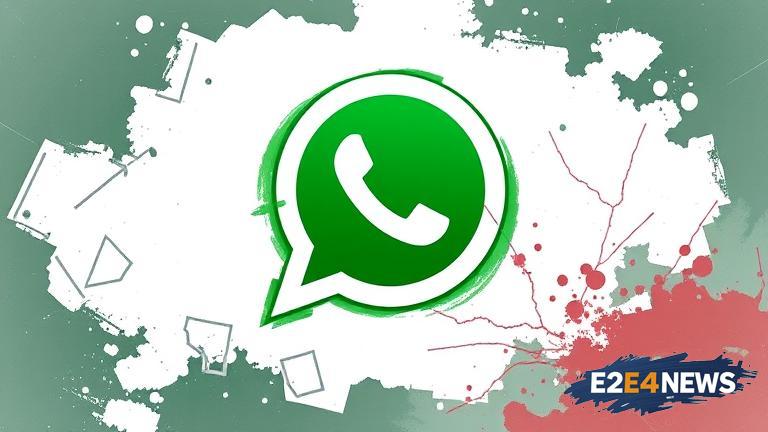The Lahore High Court has recently proposed an innovative solution to tackle the longstanding issue of delays in criminal prosecutions. By leveraging the popular messaging platform WhatsApp, the court aims to streamline communication between prosecutors, investigators, and other stakeholders involved in the judicial process. This move is expected to significantly reduce the time taken to dispose of criminal cases, thereby ensuring that justice is served in a more timely and efficient manner. The use of WhatsApp is envisioned to facilitate the sharing of case updates, evidence, and other critical information, thus minimizing the need for physical appearances and reducing the likelihood of miscommunication. Furthermore, this digital approach is anticipated to increase transparency and accountability within the system, as all interactions and correspondence will be documented and easily accessible. The court’s suggestion has been welcomed by legal experts, who believe that embracing technology can play a vital role in modernizing the country’s judicial system. Moreover, the use of WhatsApp can help to reduce the workload of court staff, allowing them to focus on more critical tasks and improving overall productivity. In addition to enhancing the efficiency of the judicial process, the proposed solution is also expected to have a positive impact on the experience of victims and witnesses, who often face significant delays and inconvenience in the pursuit of justice. By providing a more streamlined and responsive system, the court hopes to increase confidence in the judicial process and ensure that the rights of all parties involved are protected. The Lahore High Court’s initiative is part of a broader effort to harness the potential of technology in improving the administration of justice in Pakistan. Other courts in the country are also exploring the use of digital platforms to enhance their operations and provide better services to the public. The introduction of technology in the judicial system is seen as a key step towards achieving the goal of a more efficient, transparent, and accountable justice system. As the use of WhatsApp and other digital tools becomes more widespread, it is likely that the benefits will be felt across the entire judicial spectrum, from the lowest courts to the highest appellate bodies. The move is also expected to have a positive impact on the country’s international reputation, as it demonstrates a commitment to modernizing the judicial system and improving the rule of law. In recent years, Pakistan has faced criticism for its slow and often ineffective justice system, which has been plagued by delays, corruption, and inefficiency. The use of technology is seen as a key part of the solution to these problems, and the Lahore High Court’s initiative is an important step in the right direction. While there are likely to be challenges in implementing the proposed solution, the potential benefits are significant, and the court’s willingness to embrace innovation is a positive development. As the judicial system continues to evolve and adapt to the needs of the 21st century, it is likely that technology will play an increasingly important role in shaping its future. The use of WhatsApp and other digital tools is just the beginning, and it will be interesting to see how the system develops in the years to come. In conclusion, the Lahore High Court’s suggestion to use WhatsApp to expedite criminal prosecutions is a welcome development, and one that has the potential to bring significant benefits to the judicial system. By harnessing the power of technology, the court is taking an important step towards creating a more efficient, transparent, and accountable system of justice, and one that is better equipped to meet the needs of the public.
